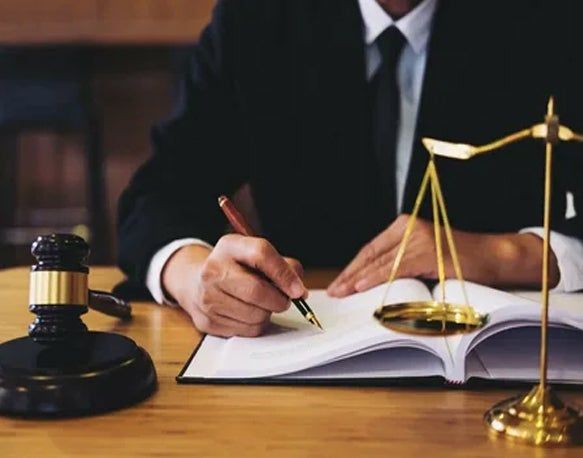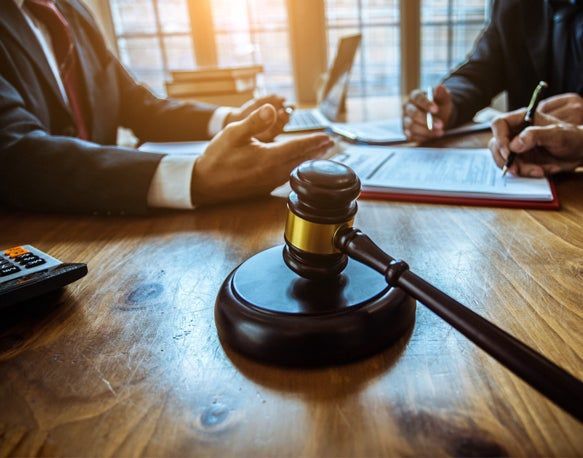This page will address personal bankruptcy, liquidation, insolvency, reorganizations, debt consolidation, credit after bankruptcy, re-establishing credit, credit card debt, repossessions, foreclosures, debt discharge, and other related basics. If you live in Torrance or anywhere else in Southern California and you need help with bankruptcy, reach out to competent counsel. Our firm—LLaw Offices of Edwin A. Barnum—hhas served our community since 2009. Bankruptcy, as used by today's consumers, is defined as being financially unable to pay one's debt when it's time to pay or having more debt obligations than assets. The term also refers to the statutory procedure under federal law by which a person known as the “debtor” undergoes a judicially-supervised liquidation or reorganization for the benefit of those who are owed money, known as “creditors," where the debtor is relieved of his/her debts through "discharge.”. If the debtor has property that is not exempted and/or protected by provisions of bankruptcy law, such property is called “bankruptcy estate.”. The “Bankruptcy Code” is a federal law that governs the bankruptcy proceedings.
All bankruptcy filings are done in Federal Court therefore the process is uniform across the United States. Although, with regard to the debtor's assets, certain states vary in exemptions and what an individual debtor is allowed to keep, as well as the nature and categorization of the debtor's property and other matters.Personal bankruptcy is commenced by an individual filing, e.g., Chapter 7, 11, or 13. By far the most common is Chapter 7. The debtor is allowed to exempt certain property from liquidation by the trustee. The list of exempt property includes homestead exemption, household furniture and furnishings, jewelry, clothing, interest in automobiles, tools of the trade, pensions, insurance policies, a “grubstake” or “wildcard” exemption of up to $15,000.00, and other enumerated assets. Exemptions vary from state to state. Upon filing a “petition” on the debtor's behalf, the “automatic stay” goes into effect. The “stay” prohibits further collection activity or taking property from the debtor. It stops wage garnishments, repossessions, and other same activities. Reasons for Denial of Discharge: The debtor's main purpose is to get a discharge from legal liability for his debts and receive a “new beginning.”.


